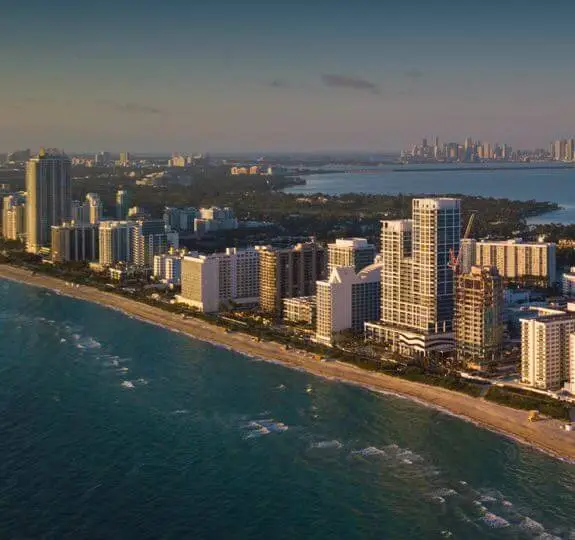In January 2023, the Biden administration launched the CHNV Humanitarian Parole Program, offering a temporary pathway for nationals from Cuba, Haiti, Nicaragua, and Venezuela to enter the U.S. Each month, up to 30,000 individuals from these countries can apply for humanitarian parole, which allows them to live and work in the U.S. for up to two years, provided they have a sponsor in the U.S. and meet health and security requirements.
The program is part of a broader strategy to address migration from these nations, but it comes with restrictions. Migrants who entered the U.S. or Mexico unlawfully after certain dates (October 2022 for Venezuelans and January 2023 for the others) are not eligible for parole. Additionally, those attempting to cross by sea are also excluded. Instead of asylum, many are being expelled to Mexico under agreements between the U.S. and Mexico.
To apply for the program, individuals must have a financial sponsor in the U.S., pass background checks, and show proof of vaccination. If approved, they must arrange their own travel to the U.S. and be inspected upon arrival. While the program offers a safe legal option for many, its limited slots and strict eligibility criteria have sparked concerns about leaving many without viable options.
The CHNV program differs from previous Biden-era parole programs, such as those for Afghan and Ukrainian refugees, by pairing expanded parole access with tougher border enforcement. This approach has generated debate among immigration advocates, especially as millions continue to flee crisis zones.

